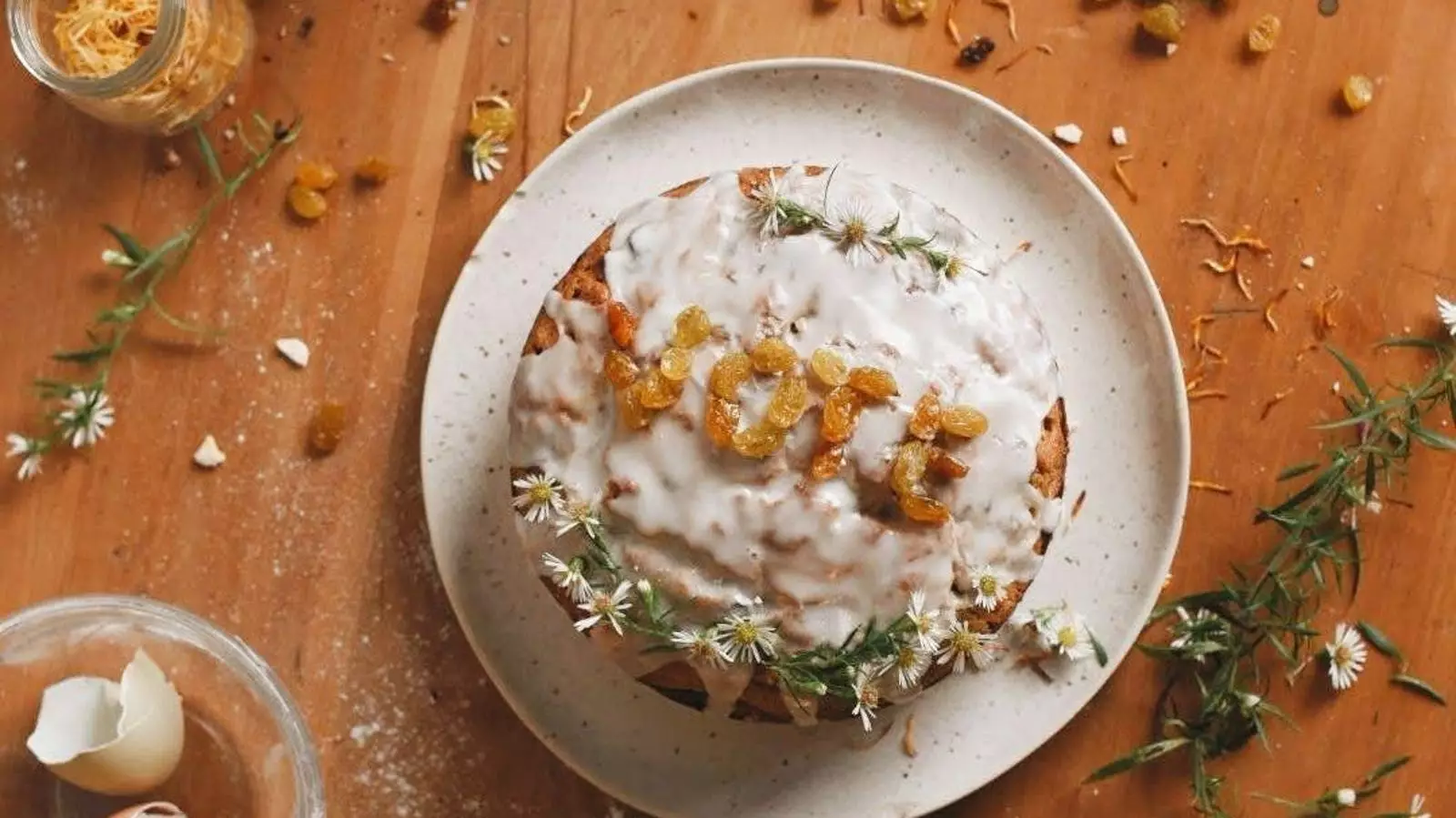Election Day in the United States is often associated with various celebrations, including bake sales at polling places, gatherings filled with festive cakes, and the ubiquitous anticipation that permeates the air as citizens await the results. While this may seem like a contemporary custom, the history of baking for elections stretches back to the 1700s, when the tradition of Election Cakes first emerged. According to food scholar KC Hysmith, these cakes were originally practical in nature, created to feed the community attending the polls when distances were great and travel required considerable effort.
This perspective shifts our understanding of the historical significance of Election Cakes, transforming them from mere desserts to a symbol of communal engagement and participation in the democratic process. As Hysmith points out, the act of baking was not just a way to pass the time; it represented an essential role women played at a time when their voices were otherwise silenced in the political arena.
Interestingly, the context of these cakes goes deeper than mere sustenance. For many women of the colonial era, baking an Election Cake was akin to a social protest. With limited rights and no vote, women found ways to carve out influence within political discussions through hospitality. By offering food and engaging in conversations, they created subtle but impactful spaces for dialogue. “Making themselves necessary for hospitality and conversations allowed women to lend their voices, if not directly at the polls, then through the ears of those they served,” Hysmith explains. This indicates that baking went beyond the kitchen; it represented a conscious effort to assert one’s presence in public life.
While one might envision a simple fruit-filled cake when thinking of Election Cakes from the past, the term today embraces a wider breadth of confectionery creations. In this modern era, any cake baked with civic pride, whether layered, frosted, or decorated, can earn the title of “Election Cake.” This democratization of the cake’s definition highlights how culinary traditions evolve, adapting to contemporary meanings while staying rooted in their histories.
As Election Days unfold each year, the act of baking retains its charm and continues to invite community and conversation, much like it did centuries ago. The modern twist on this tradition allows us to expand our interpretation of civic engagement; it celebrates not only the act of voting but also the gatherings that surround it. From bake sales aimed at raising funds for local candidates to watch parties laden with a bounty of sweet creations, each cake baked can be seen as a nod to our shared democratic heritage.
Thus, as we approach each Election Day, we should recognize the enduring legacy of Election Cakes. They are not simply desserts but reflections of a long-standing dialogue about citizenship, participation, and the evolving role of women in shaping political histories. So, when you whip up that cake this election season, you’re not just feeding your friends; you’re engaging in a tradition steeped in historical significance and communal empowerment.


Leave a Reply